LOW THIA KHIANG’S GIFT TO SINGAPORE
A quick response to the opposition victories in the 2011 election.
September 2015 update: I have re-shared this article about the 2011 GE because it seems to be relevant to understanding the recently concluded general election of 2015. For my response to GE 2015, please click here.
Aljunied voters have elevated Low Thia Khiang from a grassroots folk hero to an opposition legend. J B Jeyaretnam will always be remembered as the warrior who broke the PAP’s Parliamentary monopoly. Chiam See Tong still holds the record as the longest serving opposition MP. Now, Low Thia Khiang’s success in GE2011 has sealed his place in Singapore’s political history.
It’s not just that Aljunied is the first GRC to fall. It is also the audaciousness of the WP’s bid. Previous opposition victories had an under-the-radar quality, taking the ruling party by surprise. Low, however, did not sneak into the weakest PAP GRC he could find, nor engage in cat-and-mouse games. The battle for Aljunied was a full-frontal assault.
The graduate of the old Nanyang University launched his political career by leveraging on his Teochew roots. But anyone who dismissed him as a relic of the Nantah years would have severely underestimated him. It is his ability to attract and galvanise Singaporeans of different ages and backgrounds behind a doggedly patient and consistent strategy that has produced this opposition coup.
What’s next? Twenty years ago, when the opposition won four seats, the newly elected Low declared, “This is the beginning of the next lap.” It was a quoteworthy soundbite, but wasn’t the most accurate prediction. The opposition went into reverse gear after its 1991 success. Last night, Low asked Singaporeans to get ready to “walk this journey together towards a First World Parliament”. He may be no more prescient now than he was two decades ago.
Unrealistic expectations
Before going on, I should clarify that I am not by nature a party pooper. Just between you and me, I am a sucker for an inspiring underdog story. At the end of the film, Invictus, Nelson Mandela thanks the victorious rugby captain Francois Pienaar for what he’d done for South Africa, to which Pienaar replies, “No, Mr. President, thank you for what you have done for our country.” I’ve seen the film twice and cried at this part, both times. I have also watched Babe, three times, and cracked every time the piglet wins the sheepdog contest, looks up at his master for approval and receives a loving “That’ll do, pig.”
When I read a recent Straits Times interview with Low Thia Khiang, I again had to fight back tears when he said about his life on the margins of Singapore Inc: “I’ve responded to the call of my generation.”
Regardless of what my heart says, my mind tells me that the world is not so sympathetic to underdogs. And, no, I am not referring to any punishment that the government could inflict on the WP. After the Prime Minister’s promise to keep the electoral system contestable, we can hope for less of the goalpost-shifting and harsh treatment that used to plague the opposition.
But even if the government treats Low’s team with as much civility as George Yeo demonstrated in his concession speech, WP’s First World Parliament vision may prove elusive.
First of all, the opposition’s presence in the next Parliament still amounts to less than 7 percent of elected seats. This is at most a speed bump, not a barrier, on PAP’s road to writing or rewriting laws. Besides, life in Singapore is not just shaped by statutes. It is also governed through subsidiary regulations and administrative decisions that don’t go through Parliament. As observed decades ago by political scientist Chan Heng Chee, ours is a political system designed to give maximum leeway to the executive branch.
A second dampener on the WP’s aspirations is the absence of a First World electorate, as Ho Kwon Ping noted in a recent Straits Times op-ed piece. Political reform anywhere depends not only on political parties but also on active citizens who participate through civil society. The problem is that Singapore society has been systematically depoliticised over the decades and is mired in apathy. While there has been a noticeable revival of civil society over the past decade, activists of all kinds are still used to forging ahead only to find nobody behind them.
The 2011 election campaign may have energised ordinarily docile Singaporeans to share views on facebook, attend rallies, and jostle for WP umbrellas, but the sobering truth for the opposition is that the vast majority will return to their private lives tomorrow, and continue to outsource public affairs to politicians.
The third and biggest potential obstacle to Low’s dream of a significantly enlarged opposition is a much-improved PAP. The signal from voters that the ruling party must change is unequivocal. Couple this with its resolve to maintain its dominance, and it’s inconceivable that the PAP will sit around twiddling its thumbs while letting the opposition set the pace.
The government knows that if it can show dramatic improvements in the coming years, it can take the wind out of the opposition’s sails. When the next general election comes, some Singaporeans may still be wedded to the vision of a two-party system, but many others may not crave an opposition as much as they did in 2011 if the PAP has given them less to complain about.
Reinvesting in the PAP’s political capital
The big issues that have dominated the elections – such as HDB prices, traffic congestion and the cost of living – will, ironically, be the easiest for the PAP to solve. These are problems that are open to technocratic solutions, and the PAP leaders and their civil servants are masters of navigating complex policy terrains when they have the political will to do so.
Instead, the real challenge post-GE is to win back the people’s trust. Only then can policy makers make what the Prime Minister called this morning the “difficult decisions and trade-offs which governing Singapore involves”. Worryingly for the PAP, the cynicism that greeted even PM Lee Hsien Loong’s appeals and assurances last week shows that the ruling party’s political capital is significantly depleted, and perhaps at an all-time low.
Reinvesting in its political capital will be difficult because an emboldened public is not going to be satisfied with verbal assurances or token consultation. But it’s not impossible. For a start, imagine if the PM were to be much more stringent in his appointments and picked a smaller but stronger Cabinet, with none of the face-saving gradualism that has long been associated with the PAP. Then, what if the government were to abandon the ministerial pay formula in its current form, which after all has failed to meet its original purpose of depoliticising public sector remuneration.
Just these two moves alone would substantially address the nub of voters’ main political quarrel with the PAP – that its leaders are too comfortably insulated from the real-world impact of their policies – and deny the opposition a ready supply of ammunition.
For many years, the PAP has been spared the need to think bold thoughts about its relationship with the people because the barrier to political competition was set so high. The GRC system, in particular, helped the PAP win big.
Yesterday proved that, with GRCs, the PAP could also lose big. As they finally went to bed early this morning, opposition leaders and their supporters may have had sweet dreams of Aljunied being the first of a succession of dominoes to come crashing down. And this may indeed happen if the PAP does not respond intelligently.
But Low Thia Khiang’s coup may have another kind of impact. By gathering a slate of credible, credentialed candidates under a trusted banner and toppling a heavyweight government team in a GRC, Low has hammered home once and for all that the PAP cannot count on qualifications, party reputation or safety in numbers in order to win elections.
And, above all, it cannot take voters for granted. So what’s left as a winning strategy? Only dedicated service and the humility to treat all citizens as equals. After Aljunied, elections will have to be fought on these basics.
This is the great favour that Low Thia Khiang has done for the citizens of Singapore. The irony, of course, is that it’s also a favour to the ruling party – forcing it to reform and come back far stronger in 2015/6. In 2011, opposition politicians wanted to teach the government a lesson. Next, they’ll have to face the daunting possibility that the government actually learns it.
* Apologies to those who commented on this blog post while it was hosted on Apple’s Mobile Me servers. Comments were lost when I belatedly transferred the content to a new host after Apple ended its Mobile Me service.
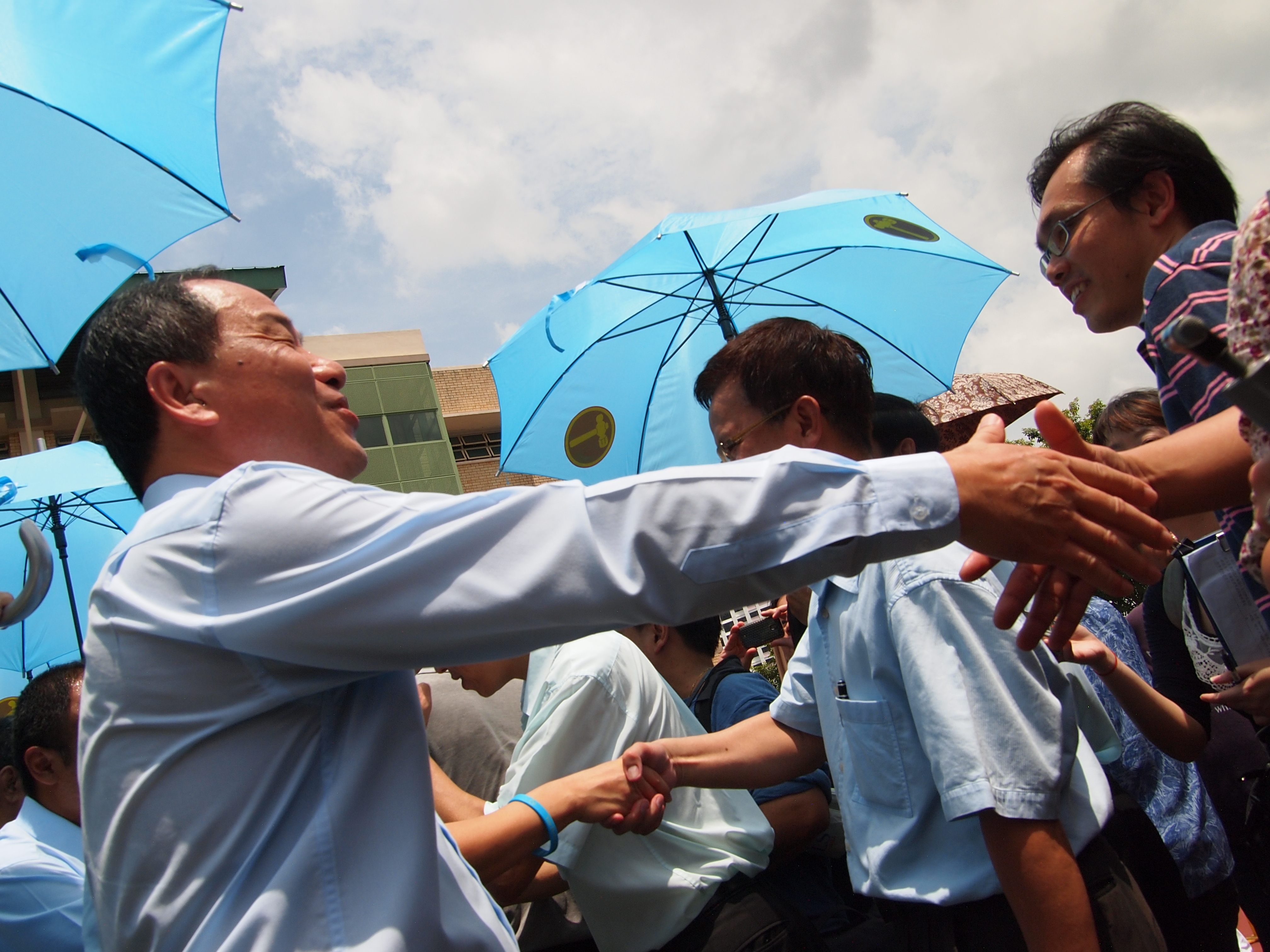

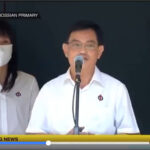

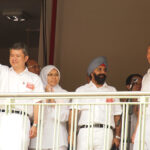
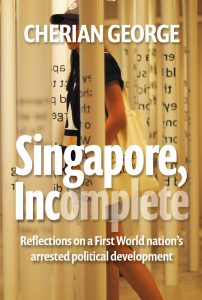
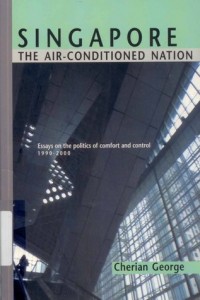
Comments are closed.